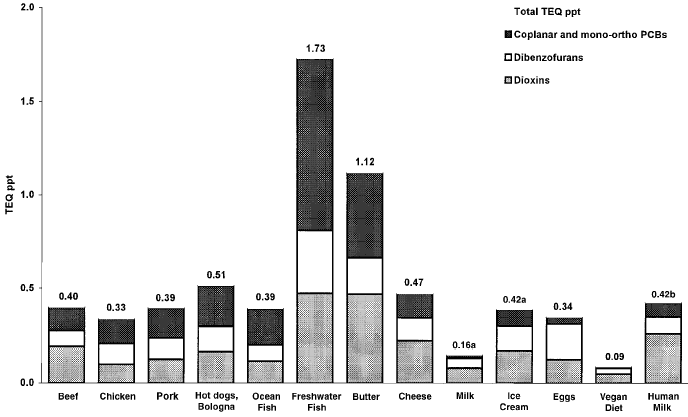Xamonas Chegwé wrote:GMO to inbuild resistance to the pest organism. The dodgy business practices of Monsanto et al. are a smokescreen (not to mention a matter for legislation.) Dismissing the entire process out of hand because some business cunts have ripped people off (they do that if you let them - get used to it!) or because some ill-infomed greenpeacer has Frankenstein nightmares, is silly. Look at the science without prejudice. It is not the answer to everything, of course not, but it is better than carpet bombing the countryside with chemicals and then lawyering-up to deny deny deny that they are responsible for any ill-effects in the surrounding areas...piscator wrote:Xamonas Chegwé wrote:Doesn't matter the mechanism of the decline. You fuck with an ecosystem, you fuck with the whole ecosystem! There are better ways to limit the impact of pests than spraying chemicals, the long-term effects of which you have no idea about, all over everything. Dare I say it, GMO is a better way to go.JimC wrote:From the article, it may not be a case of toxicity, but simply that the total number of insects available as prey, particularly when feeding nestlings, may have significantly declined in agricultural areas.
"GMO" meaning selecting* via genetic sequence, without the fuss and bother of having to grow out entire Punnet Squares?
Or, "GMO" meaning ADM and Monsanto patent trolling pollen, or color-corrected Atlantic salmon hybrids farmed in net cages in British Columbia?
Assuming I'm not aware that all hybrids are GMOs is also a smokescreen. "GMOs" just tossed out there brings in a host of implications, especially since "accelerated hybridization" is being touted and enforced by the same sector that gave us uDDT and Paraquat. I don't trust the American agroscience industries to act in anything but their perceived best interests, and the Law of Unintended Consequences may be an adage, but it's a good one.
